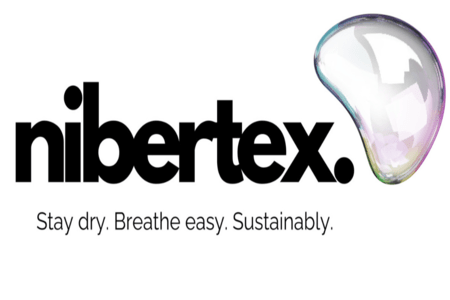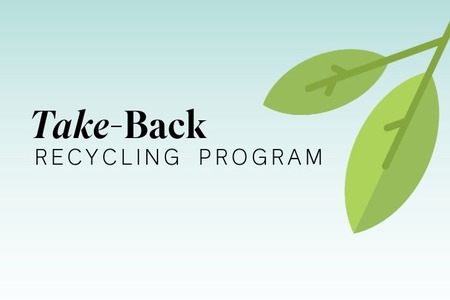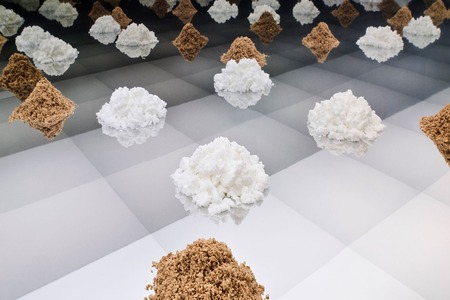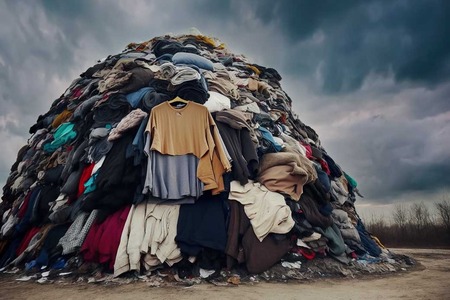
Pratibha Syntex reduces carbon emissions in its factory by 11%
YarnsandFibers News Bureau 2022-09-29 07:53:00 – IndiaIndian garment manufacturing giant, Pratibha Syntex Ltd, claims to have cut carbon emissions in its production by 11% and process water use by 100%.
By 2025, Pratibha Syntex wants to reduce its scope 1 and scope 2 greenhouse gas emissions by 80%.
Shreyaskar Chaudhary, MD Pratibha Syntex Ltd, said that ten percent of annual worldwide carbon emissions are attributable to the fashion business. The fashion industry's greenhouse gas emissions will increase by more than 50% by 2030 if things continue as they are. According to a survey by the United Nations Environment Programme, the fashion sector utilizes 93 billion cubic meters of water annually, which is enough to satisfy the needs of five million people. The dyeing and cleaning of textiles contribute to around 20% of the wastewater produced globally.
Chaudhary added that in order for future generations to inherit a world full of happiness, it is a collective obligation of the industries to co-create an environment.
Pratibha Syntex made several actions to lessen its effects. A 2.4 MW rooftop solar power plant has been installed to raise the share of renewable energy. 37% of Pratibha's entire electricity usage is made up of renewable energy. By 2025, the solar power plant will have increased to 4.9 MW.
the boiler at one of the factories has been converted from coal to Bio Mass Briquettes in an effort to reduce consumption of fossil fuels, saving 180,000 liters of diesel annually.
Improvements to the machinery have been made. More energy-efficient machinery has been used in place of the older ones. The annual energy savings are equivalent to 3,500 families' worth of electricity for a year.
From 2020 to 2025, they intend to cut scope 1 and scope 2 emissions by 80%. This will be accomplished by increasing the solar power capacity and switching the main plant's boilers to biomass briquette ones.
93% of the water used by Pratibha Syntex Ltd. is infused back into operations and 100% of the water is recycled. The biological process has replaced the chemical wastewater treatment facility. The trash has been cut by 86% as a result.
Avinash Karmarkar, VP Vasudha Swaraj Pvt Ltd, said that the fiber production phase generates the greatest GHGs throughout the entire textile supply chain. They have implemented several programs to lower GHG emissions in agriculture, such as educating the affiliated farmers to switch to organic and regenerative farming to conserve soil, water, animal husbandry, and social justice. They have been pushing bio-inputs, multi-cropping, little tillage, and less water consumption in agriculture to promote carbon sequestration. Additionally, they have started using biogas in rural areas.
Market Intelligence
Ask for free sample Report

experience
Customer Base
dedicated team
Countries Served Worldwide









